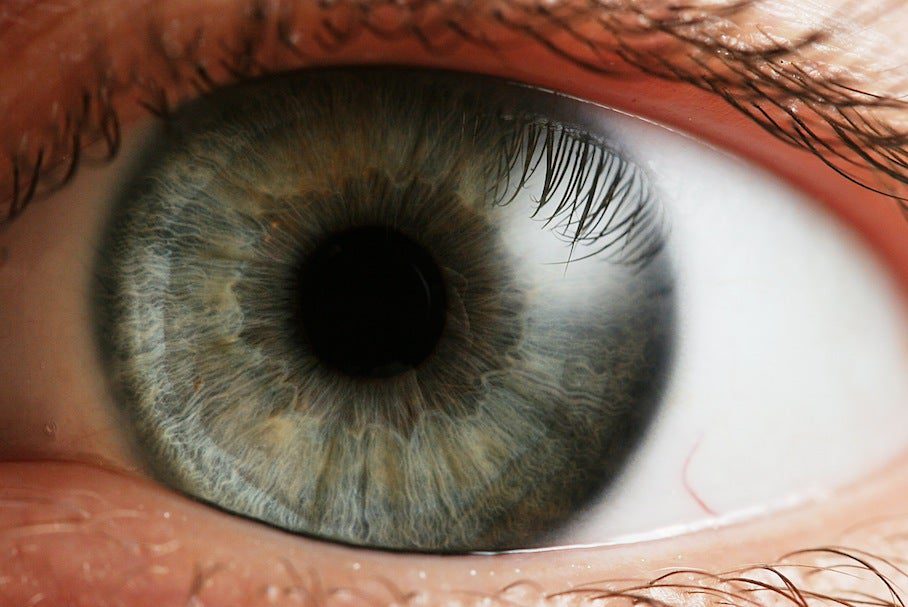The newest addition to human anatomy is just 15 microns thick, but its discovery will make eye surgery safer and simpler. Harminder Dua, a professor at the University of Nottingham, recently found a new layer in the human cornea, and he’s calling it (can you guess?) Dua’s layer.
Dua’s layer sits at the back of the cornea, which previously had only five known layers. Dua and his colleagues discovered the new body part by injecting air into the corneas of eyes that had been donated for research and using an electron microscope to scan each separated layer.
The researchers now believe that a tear in Dua’s layer is the cause of corneal hydrops, a disorder that leads to fluid buildup in the cornea. According to Dua, knowledge of the new layer could dramatically improve outcomes for patients undergoing corneal grafts and transplants.
“This is a major discovery that will mean that ophthalmology textbooks will literally need to be re-written,” Dua says. “From a clinical perspective, there are many diseases that affect the back of the cornea which clinicians across the world are already beginning to relate to the presence, absence or tear in this layer.”
The study appears in the journal Ophthalmology.









